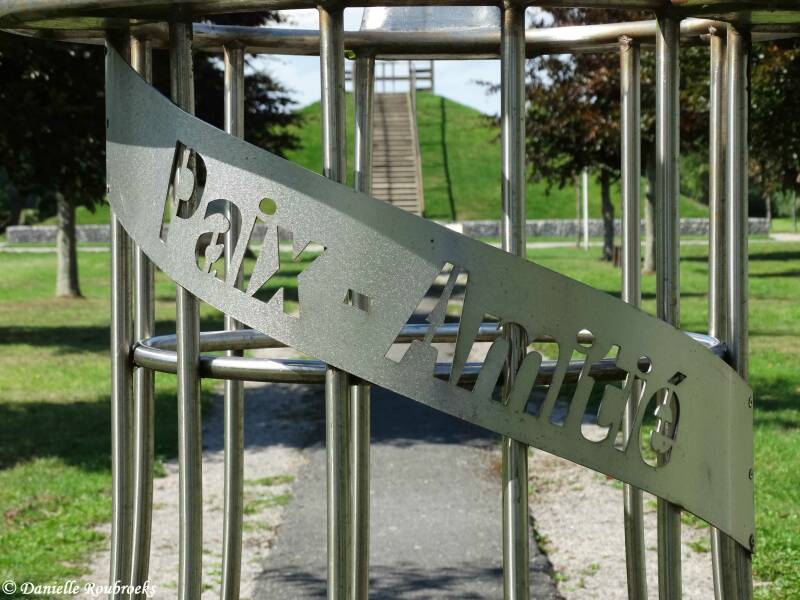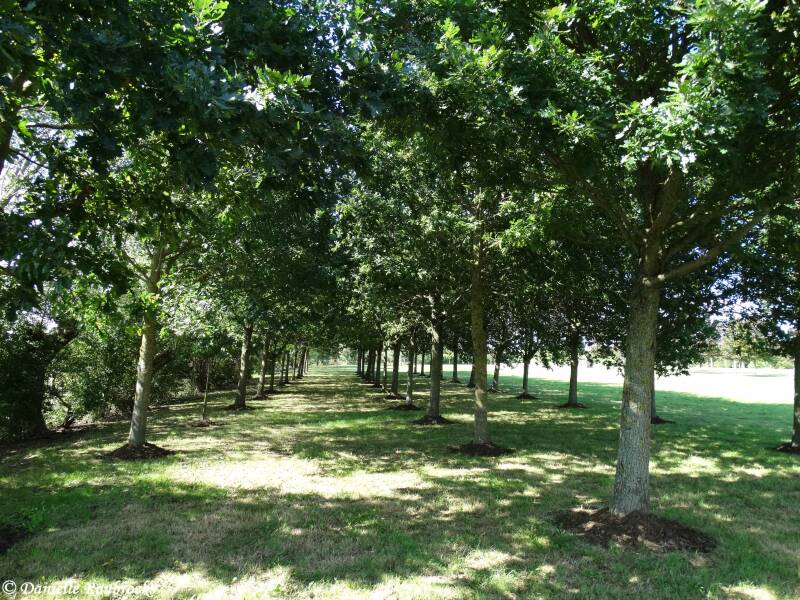Wormhoudt Memorial
Historical Information (Wikipedia)
The Wormhoudt massacre (or Wormhout massacre) was the mass murder of 80 British and French POWs by Waffen-SS soldiers from the 1st SS Division Leibstandarte SS Adolf Hitler during the Battle of France in May 1940.
As part of the British Expeditionary Force's (BEF) retreat to Dunkirk, the 144th Infantry Brigade of the 48th (South Midland) Infantry Division was holding the road that runs southward from Bergues through Wormhoudt, Cassel and Hazebrouck to delay the German advance. British troops at Wormhoudt were overrun by advancing German forces. Having exhausted their ammunition supplies, the troops at this point surrendered assuming that they would be taken prisoner according to the Geneva Convention.
After their surrender, a large group of soldiers from the 2nd Battalion, Royal Warwickshire Regiment, 4th Battalion Cheshire Regiment, and gunners of the 210 Battery, 53rd (The Worcestershire Yeomanry) Anti-Tank Regiment, Royal Artillery as well as French soldiers in charge of a military depot were taken to a barn in La Plaine au Bois near Wormhout and Esquelbecq on 28 May 1940. The Allied troops had become increasingly alarmed at the brutal conduct of the SS soldiers en route to the barn, which included the shooting of a number of wounded stragglers. On arrival at the barn the most senior British officer in the group, Captain James Lynn-Allen, protested but was immediately rebuked by an SS soldier.
When there were nearly 100 men inside the small barn, soldiers from the Leibstandarte SS Adolf Hitler, threw stick-grenades into the building, killing many POWs. The grenades failed to kill everyone, largely due to the bravery of two British NCOs, Sergeant Stanley Moore and CSM Augustus Jennings, who hurled themselves on top of the grenades using their bodies to suppress the force of the explosion and shield their comrades from the blast. Upon realising this, the SS called for two groups of five to come out. The men came out and were shot. Despite being shot, Gunner Brian Fahey survived, unknown to the SS men at the time. Concluding that these methods were too slow, the SS troopers simply fired into the barn with their weapons.
Several British prisoners were able to escape, while a few others, like Fahey, were left for dead. Captain Lynn-Allen died while trying to escape, although he enabled Private Bert Evans to escape; Evans was the last survivor of the massacre. A total of 80 men were killed. While 15 more were wounded, their wounds were so severe that within 48 hours all but six of them had died. After a couple of days, Fahey and several others were found by regular German Army medics and taken to hospital. Their wounds were treated before they were sent to prisoner of war camps in occupied Europe.















































